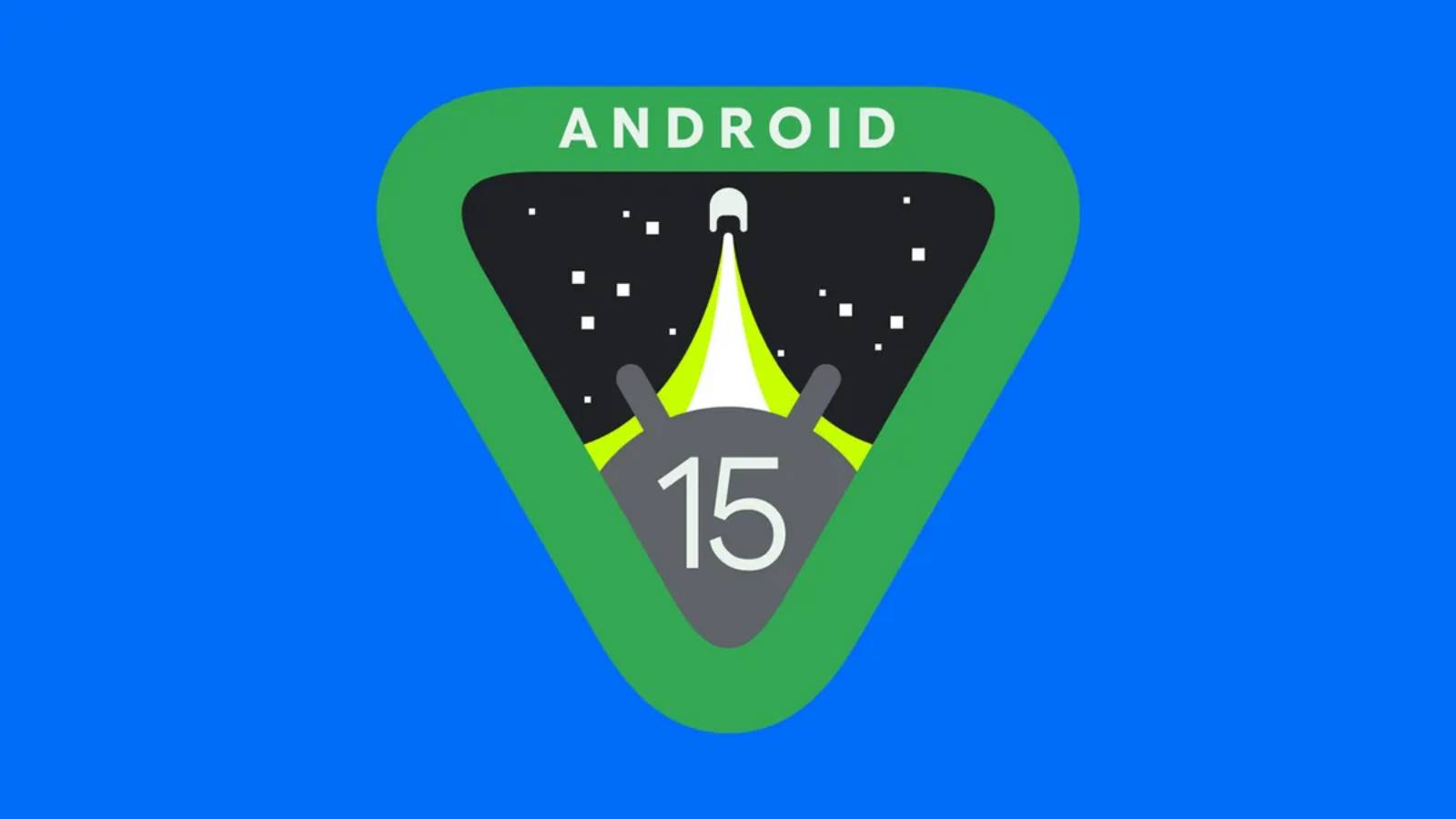Google is recognized for its continuous innovations in technology, and now with the imminent release of Android 15, the company is gearing up to add an extra layer of privacy for its users. Android's new Private Space is designed to give users a secure way to manage their digital lives by hiding certain apps and notifications from prying eyes. This feature represents a serious commitment from Google to respect the privacy of its users, suggesting the creation of a separate Google Account to manage this feature.
As revealed in the Android 15 developer previews and the Android 14 QPR3 betas, Private Space won't be available until fall of this year. However, hints from the latest beta highlight Google's efforts to ensure that user data remains secure and private.
Creating a secondary Google Account for Private Space is a key recommendation from Google. This not only prevents data leakage between apps, but also ensures that sensitive information remains hidden. Using the same secondary account for apps means that notifications and emails will only be visible when Private Space is enabled. In addition, users can maintain separate instances of Google services such as Contacts, Calendar and Photos, creating a clear separation between private and work or public life.
Android 15: Unexpected Changes from Google for Billions of Phones
The Google Play Store also plays an important role in managing privacy. A dedicated Private Space account prevents sensitive apps from appearing in your installation history and Family Library, keeping a clear line between publicly used and private apps.
Another major concern for users is online tracking. By using an alternative Google Account, users can browse the web without revealing their habits, while sacrificing the minimal convenience of saved bookmarks and passwords. This keeps top user recommendations intact while providing a private and secure browsing experience.
Google and Android 15 thus promise not only technological advances, but also a firm commitment to protecting users' digital lives. The Private Space feature, along with the recommendation to use a secondary Google Account, underscores the importance Google places on privacy. However, implementing this feature requires a balance between trust and convenience, but the privacy benefits may justify this approach for many users. In conclusion, Android 15 and Google continue to redefine privacy standards in mobile technology, preparing users for a new era of digital security and privacy.

















